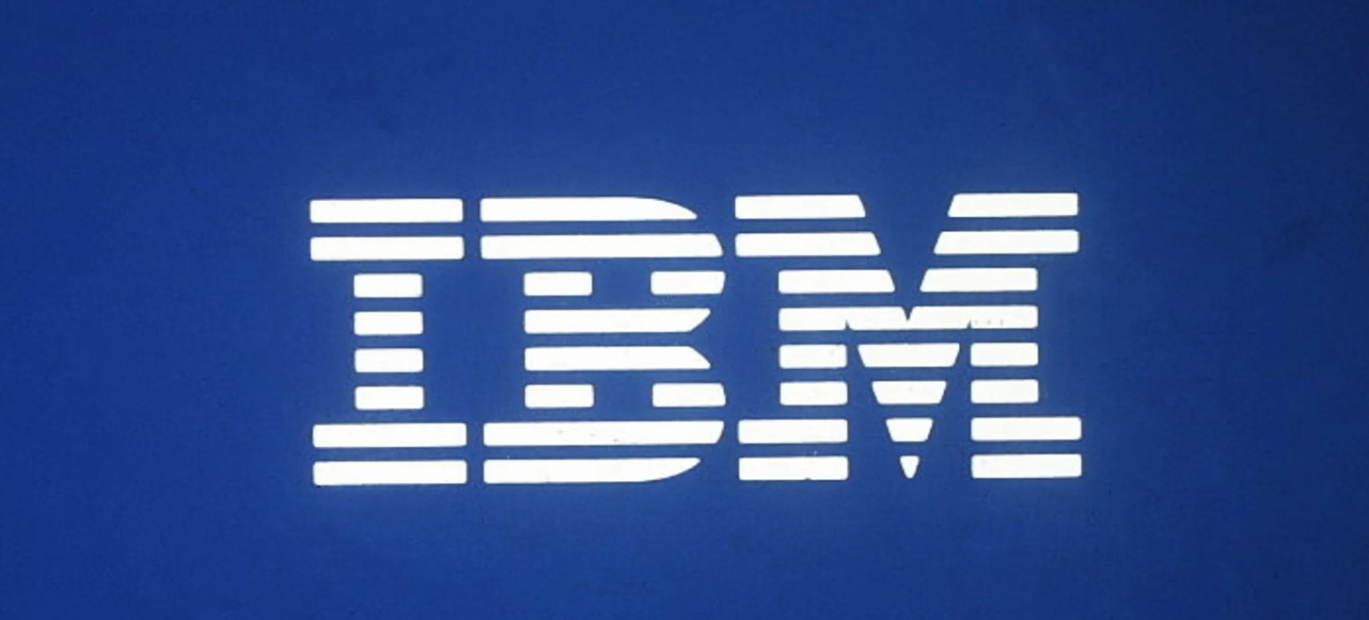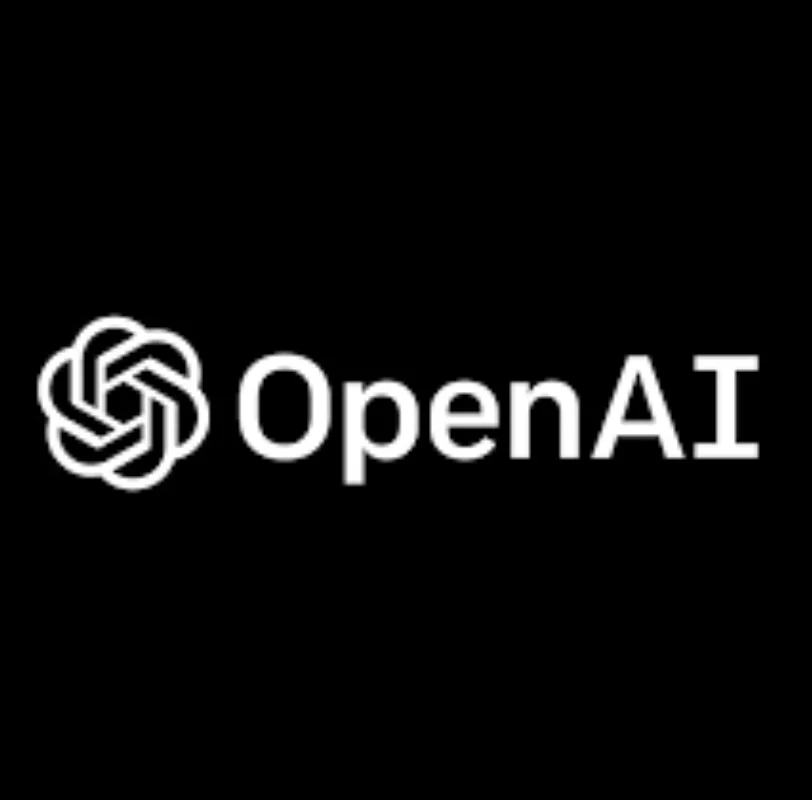IBM Chairman and CEO Arvind Krishna has a clear message for enterprises: embrace artificial intelligence (AI) or risk falling behind. Speaking with Yahoo Finance, Krishna discussed IBM’s AI strategy, its distinctive B2B approach, and the critical role AI plays in reshaping business operations globally.
Krishna views AI as a transformative force.
“Five years from now, if you’re not using AI in every part of your business, you’re going to be fundamentally disadvantaged,” he stated. He predicts that companies effectively leveraging AI will experience either 10% higher revenue growth or a comparable increase in profitability, a differential that could define market leaders.
Unlike tech giants focusing on consumer-facing AI, IBM’s approach centers on enterprise needs. Krishna explained: “Our clients are people like Bank of America, Verizon, or Aetna. The AI we do is meant for enterprise.” This focus translates into creating AI models tailored for specific business tasks rather than generalized tools. “If your question is, ‘What are my four legal obligations in this document?’ that’s a much more precise task. Smaller models can achieve that effectively and at a lower cost,” he continued.
IBM’s commitment to AI is reflected in its rapid growth in this sector.
“Our AI book of business was zero 15 months ago. Today, it’s $3 billion, growing 50% quarter-over-quarter,” Krishna shared. He attributes this success to IBM’s ability to monetize AI innovations and deliver enterprise-grade solutions that clients trust. “Over half the demand comes for our own models because we offer extra attributes like indemnity and data integrity,” he added.
Krishna also addressed the broader implications of AI on the workforce. While some tasks will be automated, he sees this as an opportunity for higher-value roles.
“Simple tasks, like writing a salary verification letter, don’t need humans anymore. But advising teams, identifying gaps, and fostering development are deeply human tasks that AI won’t replace,” he said. IBM has already trained over 80% of its workforce in AI to prepare for this shift, focusing on upskilling employees for evolving roles.
As IBM continues to integrate AI into its core offerings, Krishna underlined its strategic importance alongside hybrid cloud computing.
“We’ve picked AI and hybrid cloud as the vectors we’re going to compete in. All our efforts are concentrated on producing great technology and expertise to benefit our clients’ businesses,” he said.
Krishna likened AI’s trajectory to that of the internet. “In the late ’90s, people asked, ‘What can I do with a website?’ By 2002, businesses realized the internet could revolutionize distribution and supply chains. AI will follow a similar path. Right now, we’re just scratching the surface,” he explained.
For Krishna, AI’s potential is clear, but so is its urgency.
“If I look you in the eye and say you’re going to be fundamentally disadvantaged without AI, it’s because the evidence is already there,” he concluded. With IBM’s steadfast focus on enterprise AI, Krishna is steering the company and its clients toward a future where technology isn’t just an advantage — it’s essential.






